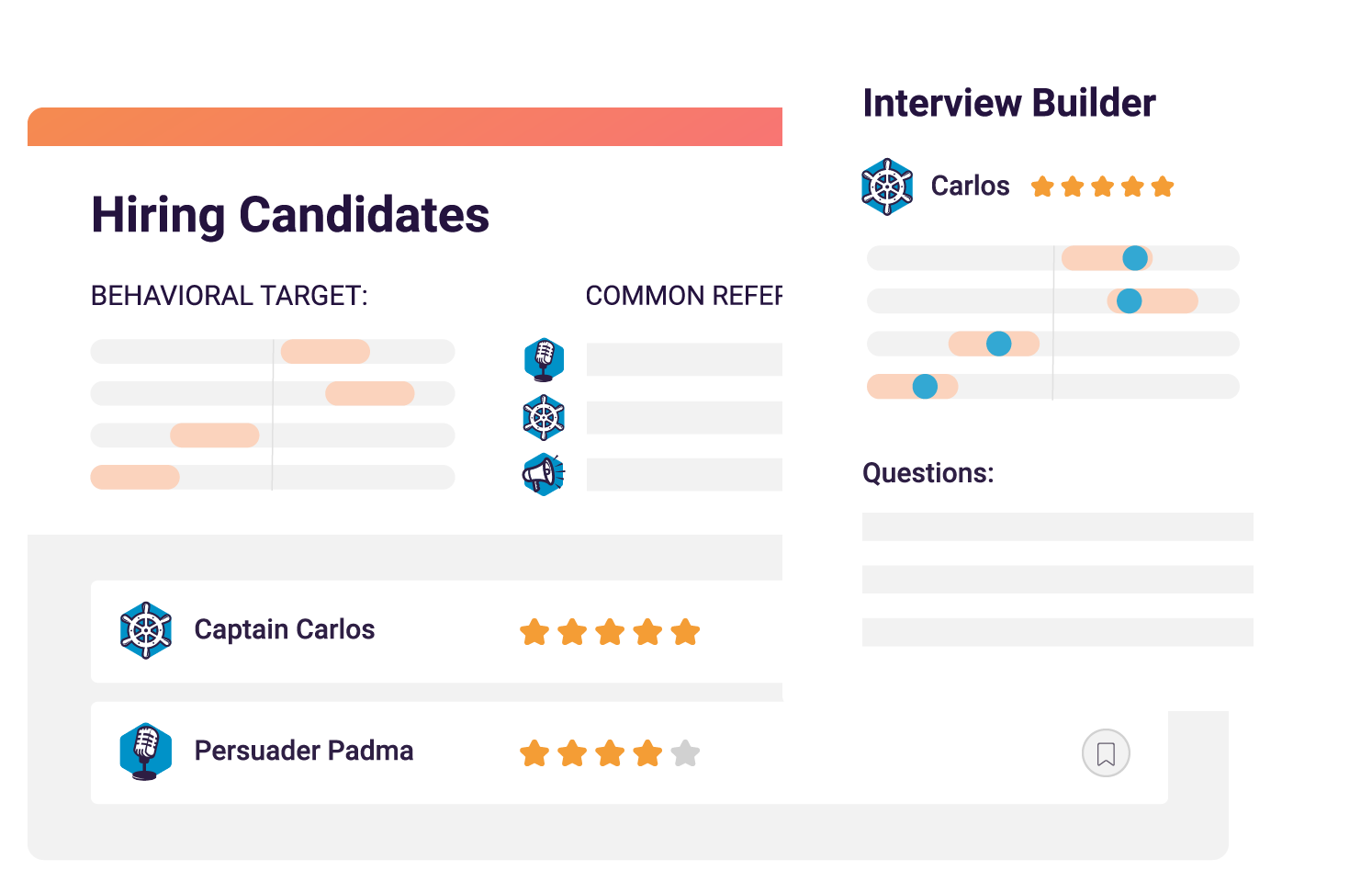Many of us are just casually familiar with the concept of “upskilling.” You’ve run across it on LinkedIn, or heard it mentioned in a webinar. It feels a little like a buzzword—a term with more style than substance.
But here’s the thing: Upskilling is vital to highly functioning, cohesive teams. Developing new skills because you’re intrinsically motivated to do so is a selfless idea. And it’s that selflessness that pays off when applied on a group level.
That payoff happens through:
- Employees communicating their appetite to upskill
- Intrinsically motivated employees inspiring each other
- Personal development promoting leadership at all levels
Let’s dig into each of these pieces a little further.
Employees communicating their appetite to upskill
At its core, intrinsic motivation is the desire to do something without any obvious reward. This commonly applies to professional development, but also to forms of self-education, such as non-required certifications, workshops, or even something as seemingly passive as reading books by leaders in your industry.
What drives this motivation in people (and why some possess greater levels of it than others) is the subject of much debate. One school of thought posits that intrinsic motivation is a psychological need, to be fulfilled just like any other element of our biology. Whatever the explanation, team members will display this trait to varying degrees.
With highly engaged teams, it’s easier to see upskilling at work. For example, if your team holds daily stand-ups when working remotely, it presents an opportunity for team members to speak to what they’re doing on a number of levels. That means providing updates on where projects stand, but it could also mean mentioning:
- Webinars or virtual events they plan to attend
- Certifications they’re pursuing (during or outside the workday)
- Initiatives they’ve taken on outside the immediate team
- Self-education and other endeavors in their personal lives
On a team that doesn’t stay regularly engaged, you might never hear about these personal development pursuits. That doesn’t mean there aren’t intrinsically motivated people within the group, but highlighting it through the right employee engagement activities is key to getting greater payoff.
As a manager or team leader, you can’t control people’s intrinsic motivation levels. But you can take ownership of team communication, opening up forums to discuss upskilling more frequently and in greater detail.

Intrinsically motivated employees inspiring each other
For many people, upskilling tends to take place in a vacuum. It’s an individual pursuit, even if it might be selfless, and one that people need to carve out their own time to accomplish. So it often happens with little fanfare or recognition—in part because employees might feel reluctant to advertise the time spent, fearing reprimand.
Without any immediate and/or tangible benefits, it can be difficult for team members to share their upskilling wealth. Some might feel like they’re being selfish if they’re using company time to attend a webinar, or work on, say, a Google Analytics course, even if it helps them perform better in their role.
That’s where a culture that supports upskilling makes a huge difference. If your business promotes professional growth, employees will be more inclined to share what they’re doing. And in doing so, they might inspire others to do the same, leading to more discretionary effort throughout the team.
Leaders at all levels can encourage this through simple steps like:
- Regular personal development meetings
- Workshops, trainings and cross-departmental office hours
- Non-mandatory virtual events (webinars, retreats, etc.)
Make sure the personal development meetings are separate from regular 1-on-1s or talent reviews. There should be a clear delineation that these are about broader growth, as opposed to the immediate work to be done. And in all cases, it helps if the people setting these sessions up are also practicing what they preach.
That is, rather than simply suggesting team members join a virtual retreat, managers should attend as well. This signals to the group that not only is carving out workday time for professional development OK—it’s actually an essential part of everyone’s upskilling.

Personal development promoting leadership at all levels
At The Predictive Index, we talk a good bit about how leaders emerge from everywhere. Whether you’re the VP of a 40-person department or an individual contributor who’s been with the company two months, you’re expected to exhibit leadership qualities and promote followership.
Of course, it takes a certain culture to actually nurture those sorts of values. Leadership has to be groomed, but also practiced. This practice will look different with employees that have different levels of certain behavioral drives. Managers who are adept at understanding how to play to these drives—especially when their teams are remote—will find themselves helming a team of unique leaders.
Just like we emphasize self-awareness and empathy as key leadership traits, we also look to prioritize upskilling. And nowhere is this more evident than through PI Learn. It’s a repository chock-full of online learning resources, including, but not limited to:
There’s something for just about everyone, regardless of your upskilling ambition or desired speed. Whether you’re researching talent optimization and need in-depth data, or you’re a manager simply looking for 1-on-1 guidance, let your intrinsic motivations run free.
It’s through resources like these that companies of all sizes and across industries can empower their people. And in giving them the confidence to get in there and get their upskill on, you’re bolstering your entire operation.
A more learned, continually developing team is a more cohesive one. For more ideas on how to promote upskilling and leadership, check out PI Learn.








